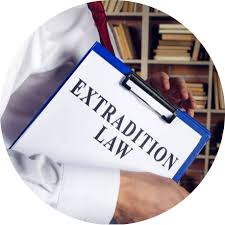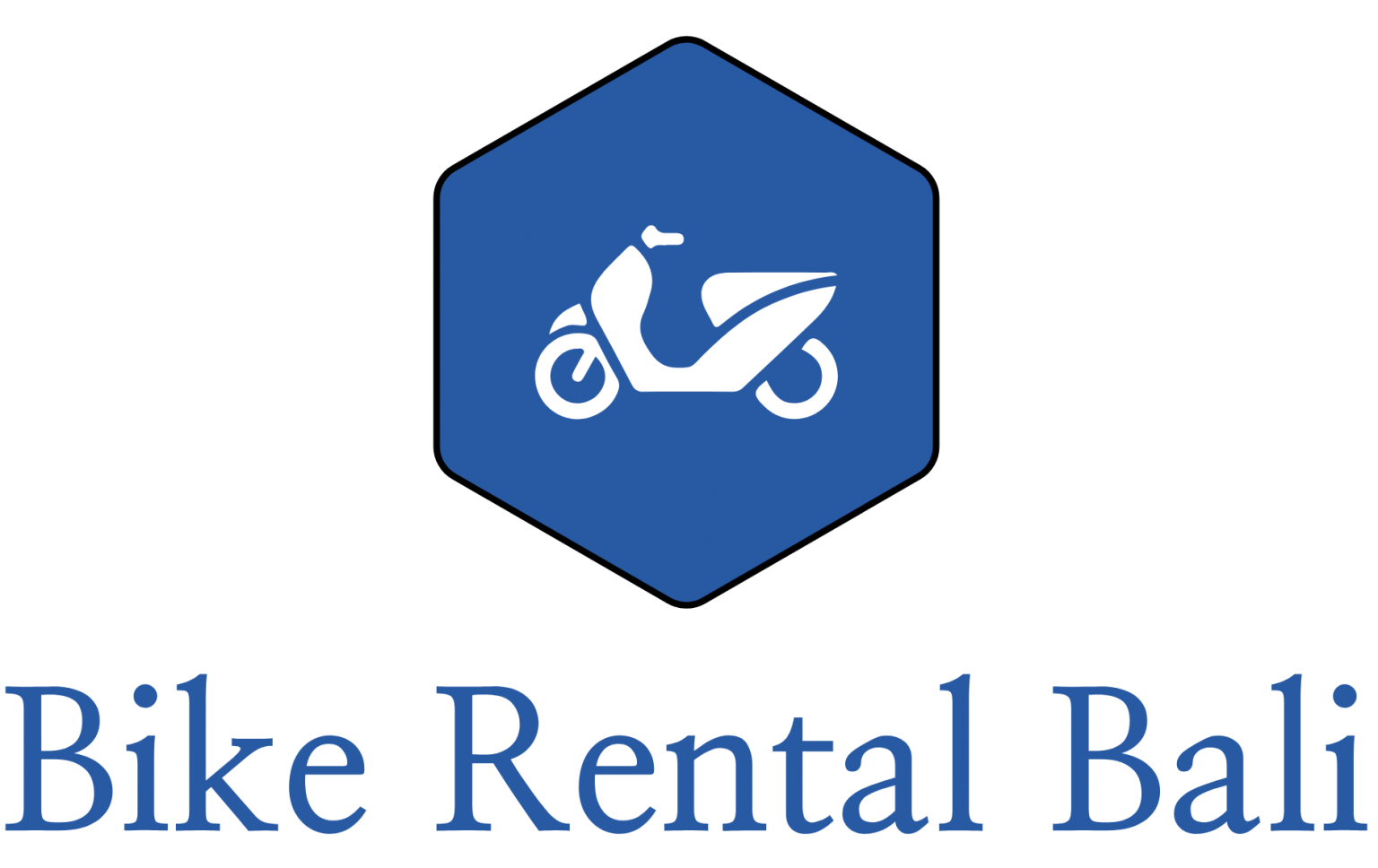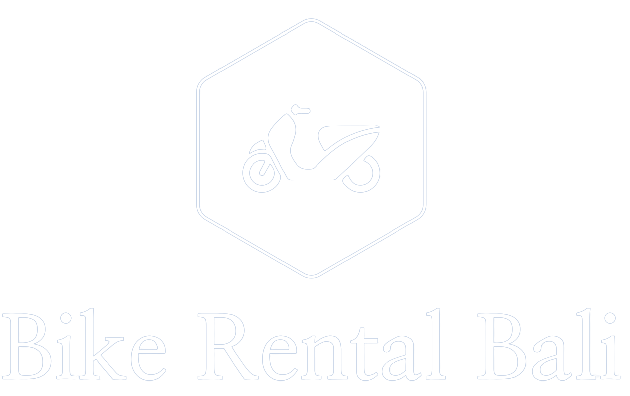Understanding Strict Alcohol Regulations by State 373553235

Understanding Strict Alcohol Regulations by State
Alcohol regulations in the United States vary significantly from state to state, creating a complex landscape for consumers, businesses, and lawmakers alike. These regulations can influence everything from the hours that alcohol can be sold to the types of beverages that are allowed. In this article, we will delve into the strict alcohol regulations by state, examining their origins, their implications for consumers and businesses, and how they affect the overall alcohol market. To understand the nuances of these restrictions further, you can check this insightful resource on strict alcohol regulations by state US states with tough liquor laws.
Historical Context of Alcohol Regulations
The story of alcohol regulation in the United States cannot be discussed without mentioning Prohibition, which spanned from 1920 to 1933. This period saw the nationwide ban on the production, sale, and transportation of alcoholic beverages. Although Prohibition was repealed, its legacy lingers on, giving rise to a patchwork of state and local laws governing alcohol. Many states instituted strict regulations to control the sale and distribution of alcohol in an effort to curb consumption and associated social issues.
Types of Alcohol Regulations
Alcohol regulations can be categorized into various types, each serving specific purposes:
- Sales Restrictions: These include regulations on the hours when alcohol can be sold, the minimum age for purchase, and the types of licenses required.
- Distribution Laws: Rules governing the distribution of alcohol often dictate who can import, distribute, and sell alcoholic beverages. Many states have strict three-tier systems that separate producers, distributors, and retailers.
- Labeling and Packaging Requirements: States may have specific laws on how alcoholic beverages must be labeled, including warnings about alcohol content and health risks.
- Dui and Public Safety Laws: Each state has its own regulations regarding driving under the influence (DUI), with varying penalties aimed at ensuring public safety.
State-by-State Overview
While most states allow some form of alcohol sales, a few maintain particularly strict regulations. Below is a brief overview of states that are known for their stringent alcohol laws:
1. Utah
Utah is infamous for its strict alcohol regulations rooted in its predominant religious culture. The state has a “Zion Curtain” law that requires bars and restaurants to prepare alcoholic drinks behind a partition, restricting visibility. Moreover, the legal blood alcohol content (BAC) limit is lower than in many states, set at 0.05% as opposed to the standard 0.08%.
2. Pennsylvania

Pennsylvania’s state-controlled liquor system restricts purchasing options, requiring consumers to buy beer only from state-run stores. The state has made efforts in recent years to ease some restrictions, but it remains one of the more regulated states when it comes to alcohol sales.
3. New Jersey
While New Jersey is relatively liberal compared to states like Utah and Pennsylvania, it has unique laws that can bewilder consumers. For example, the state has “blue laws” prohibiting the sale of alcohol on Sundays in many municipalities, creating confusion around where and when consumers can purchase alcoholic beverages.
4. Massachusetts
Massachusetts has a stringent licensing system for alcohol sales, which can involve significant costs and lengthy application processes. Additionally, the state has some of the highest taxes on alcoholic beverages, making them more expensive for consumers.
Economic Implications of Strict Alcohol Regulations
The strictness of alcohol regulations can have significant ramifications for both local economies and individual consumers. For businesses, dealing with stringent laws can mean substantial operational challenges, including higher costs for compliance and restrictions on sales hours that can limit profits. In contrast, easing regulations can enhance business opportunities and foster a more vibrant hospitality industry.
However, while some may argue that strict regulations protect public health and safety, others contend that they infringe on personal freedoms and limit consumer choice. The balance between regulation and personal liberties remains a contentious issue in the dialogue surrounding alcohol laws.
Consumer Awareness and Advocacy
Consumers often find themselves in a web of confusion due to varying regulations. Awareness of local alcohol laws is crucial for responsible consumption and compliance. Advocacy groups work tirelessly to inform the public about existing laws and to lobby for changes that promote more equitable access to alcohol.
Future of Alcohol Regulations
The future of alcohol regulations in the United States appears to be in flux. As public attitudes toward alcohol consumption and prohibition evolve, so too do state laws. There is increasing momentum for states to reconsider their strict regulations, leading to changes that could foster a more accessible alcohol market while still prioritizing public health and safety.
Conclusion
Alcohol regulations are a reflection of societal values and priorities, shaped by history, culture, and ongoing political debates. Understanding these regulations is key for consumers and businesses alike as they navigate the often complicated terrain of alcohol sales and consumption. Whether it’s a matter of public safety or personal freedom, the conversation around alcohol regulations is one that will continue to evolve. By staying informed and engaged, individuals can contribute to a more balanced approach to alcohol regulation in their states.


